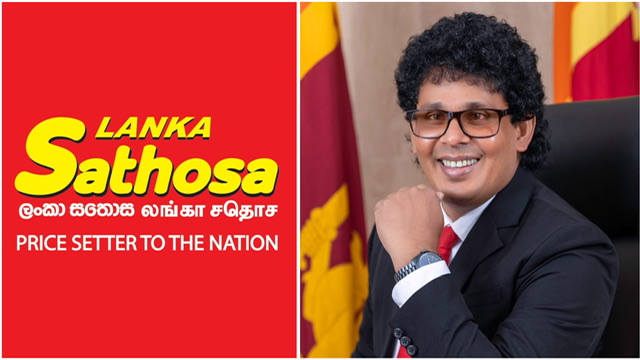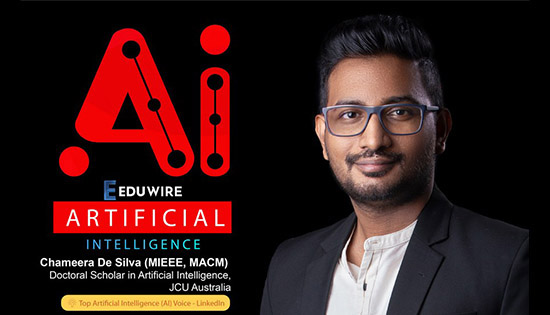Student activist settles University of Queensland lawsuit

Drew Pavlou outside the Supreme Court after filing proceedings against UQ, Vice-Chancellor Peter Hoj and Chancellor Peter Varghese.
Photographer: Annette Dew
A multimillion-dollar lawsuit against the University of Queensland (UQ) has been dismissed, after the institution reached an agreement with student activist Drew Pavlou.
Mr Pavlou, a former student representative on the university’s senate, initiated proceedings in the Queensland Supreme Court in mid-2020 after being suspended over multiple misconduct allegations. He claimed that the university had penalised him for his activism against the Chinese Communist Party, and sought A$3.5 million (£1.8 million) in damages for alleged negligence, defamation, deceit, conspiracy and breach of contract.
Mr Pavlou said he had decided to settle after UQ offered to spend A$120,000 on scholarships for disadvantaged law students. “I took ZERO dollars from UQ in my settlement,” he posted on X, formerly Twitter. “Still a great victory because I can help people and leave a legacy at UQ.”
The university, which denied Mr Pavlou’s allegations, said it had agreed to resolve the matter despite being “confident of its position”. In a statement, it said it had opted to commit A$120,000 towards its Leadership, Excellence and Diversity Scholarships “rather than incurring further legal costs if the proceedings had continued”.
The scholarships provide disadvantaged legal undergraduates with up to A$40,000 against their living and study expenses, along with dedicated mentors and social and community support.
Mr Pavlou, a former philosophy student, told AAP that his lawsuit had never been about money. “UQ tried to expel me because I protested against UQ’s immoral economic ties with the Chinese Communist Party. Now I’m back on campus studying law,” he said.
His activism, which captured headlines around the world, escalated after he was manhandled during a 2019 campus demonstration in support of Hong Kong democracy. His allegations upset UQ leaders, who said the university’s Chinese links were in Australia’s interests and stemmed from a time when Australian institutions were being encouraged to build ties with China.
Mr Pavlou initiated separate court proceedings in 2019 against China’s then consul-general in Brisbane, Xu Jie, who was also an adjunct professor at the university. Mr Pavlou blamed Dr Xu for death threats he received after a consulate statement the day after the campus demonstration accused “people with ulterior motives” of capitalising on the situation in Hong Kong to “incite anti-China sentiment”.
That action was dismissed in 2020, after Dr Xu claimed consular immunity. Mr Pavlou sought permission to appeal in 2022, but his application was dismissed a year later because the time limit for appeal had expired. The court found that further action “would be both unnecessary and futile” given that Dr Xu had become China’s ambassador to Cape Verde.
-John Ross – “THE”
Related News
A Comprehensive Guide to Education Loans in Sri Lanka: Solutions for Your Higher Education Finance Challenges
Pursuing higher education is a dream for many Sri Lankan students. However, the financial burden of tuition fees, living expenses, and other…
Read MoreThe Cost of Studying Abroad vs. Local Higher Education
Deciding between studying locally or abroad is a significant choice that can shape your academic and personal growth. Both options have their…
Read MoreSri Lanka’s Interest-Free Student Loan Scheme for Higher Education
In today's competitive world, higher education is pivotal for personal and professional growth. Recognizing this, the Sri Lankan government has introduced the…
Read MoreYour Child’s Future Beyond A/L Results: Exploring Exciting Higher Education Options
Failing to achieve the desired results in the Advanced Level (A/L) exams can be disheartening for students and their families. However, it's…
Read MoreHow the Government Can Help with Education Loans
How the Government Can Help The Sri Lankan government can play a crucial role in making education loans more accessible and affordable.…
Read MoreCourses
-

IMC – Bachelor of Psychology
IMC Education Overview IMC Campus in partnership with Lincoln University College (LUC) Malaysia offers Bachelor of Psychology Degree right here in Sri… -

ANC – BA (Hons) International Business Management (Top-Up)
ANC Education Overview Designed in partnership with public and private business organizations, this program develops one’s ability to critically evaluate business models… -

IIT – BSc (Hons) Computer Science
IIT Campus Overview BSc (Hons) Computer Science provides a solid foundation and training regarding the fundamentals of the computer science field, along… -

APIIT – BSc (Hons) Cyber Security
APIIT Sri Lanka Overview Our BSc (Hons) Cyber Security award is designed to launch your future career in the protection of software… -

ICBS – BSC (Hons) Business Management with Marketing Management
ICBS Overview The BSc (Hons) Business Management with Marketing program, awarded by Queen Margaret University (QMU), is a highly regarded degree that… -

UTS – Diploma of Science
UTS College Sri Lanka Overview The Diploma of Science is designed to empower you to apply scientific thinking and analysis to important… -

CSA – Master of Architecture and Environmental Design
City School of Architecture Overview The Master of Architecture and Environmental Design Degree at CSA is awarded by the University of the… -

APIIT – BSc (Hons) International Business Management
APIIT Sri Lanka Overview Increasingly businesses are becoming more and more international. This requires business management professionals to have knowledge, skills and… -

IIT – BSc (Hons) Artificial Intelligence And Data Science
IIT Campus Overview The BSc (Hons) Artificial Intelligence and Data Science course is awarded by Robert Gordon University (RGU) in the UK… -

ICBS – International Degree Foundation in Business / IT
ICBS Overview The Scottish Qualification Authority (SQA) is a globally recognized organization dedicated to education and qualification development. SQA is responsible for… -

APIIT – BA (Hons) Finance and Business Enterprise
APIIT Sri Lanka Overview Finance and accounting are no longer just about taxation and the management of financial capital. This award will… -

APIIT – MBA General
APIIT Sri Lanka Overview The MBA is awarded by Staffordshire University, UK. This award is an advanced course of study in management… -

ANC – LLM in International Business & Commercial Law
ANC Education Overview This course is designed for graduates of law, business and finance in a legal or a corporate job role… -

AOD – BA (Hons) Fashion Design and Marketing
Academy of Design Overview The syllabus is from the UK’s Northumbria University, as one of their most revered flagship programmes and is… -

APIIT – MSc. Marketing Management
APIIT Sri Lanka Overview This MSc Marketing Management degree – awarded by Staffordshire University, UK is an advanced course of study in…
Newswire
-

Police identify Key Suspect behind Rs. 280 million cash seizure
ON: January 18, 2025 -

VLC Media Player : New feature announced
ON: January 18, 2025 -

Fire at Galle plastic shop closes main road
ON: January 18, 2025 -

India funded Cultural Center in Jaffna named ‘Thiruvalluvar Cultural Center’
ON: January 18, 2025 -

Minister says consumer goods prices reduced by 17% in 3 months
ON: January 18, 2025










